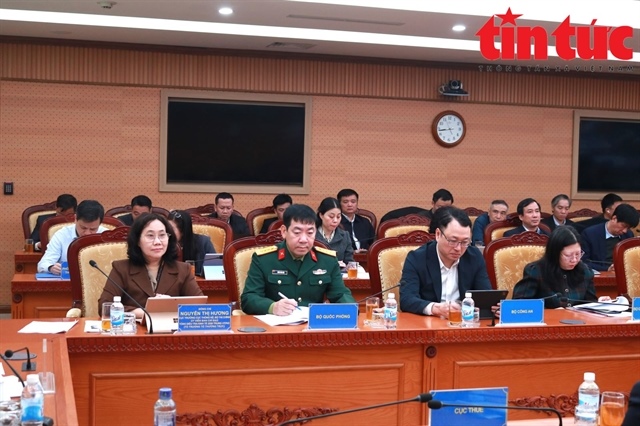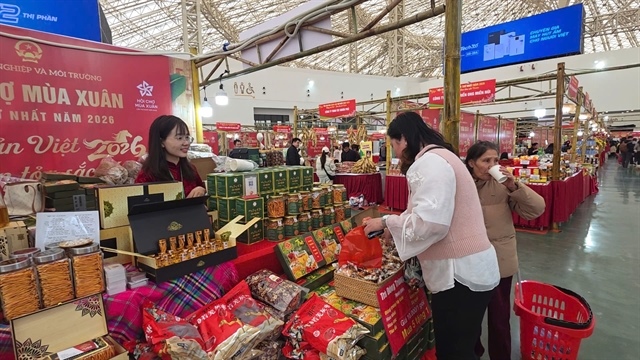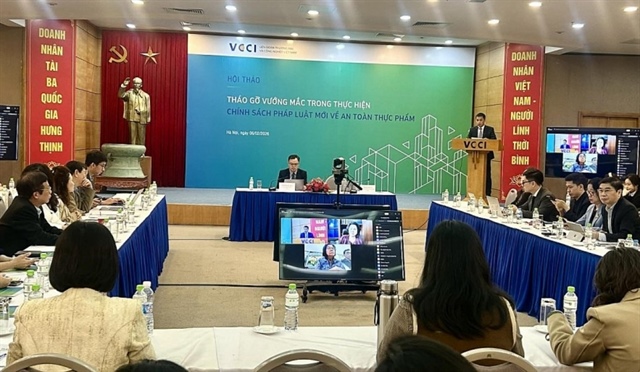Big investors can negotiate about tax incentives with the government of Vietnam
Big investors can negotiate about tax incentives with the government of Vietnam
The draft corporate income tax law stipulates the jurisdiction of the government in deciding the investment incentives for the big investment projects, which are expected to have high socio-economic impacts.

This means that big investors, who are considered the “special investors” thanks to the great impacts on the socio-economic development of Vietnam, would be able to require the “specific mechanisms” for them. In other words, the big influential investors can “haggle” with the government of Vietnam about the incentives they can enjoy if investing in Vietnam.
A member of the law compilation committee said that a lot of big investors whose projects have big influences to the local economy development, but they cannot enjoy high-level investment incentives, if referring to the currently applied laws.
Meanwhile, tax incentives are one of the most important factors behind the investors’ decisions to make investment in Vietnam.
The law compiler has implied Samsung, Nokia, LG and Canon. The investment incentives offered to Samsung once raised controversy among state management agencies. Samsung’s projects create a lot of local jobs and its exports allow it to pay in much money to the state budget.
Therefore, local authorities believed that they needed to offer high incentives to attract the big investor. Meanwhile, management agencies disagreed with the incentives, saying that the incentives went beyond the current incentive frame
The official from the law compilation committee said that in such special cases, the government would make the final decision on whether to offer incentives to investors, and how high the incentives should be.
Samsung and Nokia, the mobile phone manufacturers, have been offered the highest possible investment incentives reserved for high technology firms. However, the local authorities offered the incentives just after considering the possible effects of the projects on the local economy development, rather than referring to the current laws.
Under the current laws, the investors cannot receive the incentives reserved for high technology firms, because mobile phones are not listed as high technology products subject to preferential treatment.
The general principle being pursued by the government is that Vietnam supports all the authentic investors who have serious long term business plans in Vietnam. However, the government must not make the decisions which come contrary to the current laws. Therefore, Robert Bosch and Kumho Asia, also considered the big investors, still have to wait for the government’s decisions.
The suggestion of the law compilation committee to give more power in deciding the investment incentives to the government, if approved, would help settle the existing problems.
In fact, the mechanism has been applied in some regional countries such as Thailand and Indonesia. The governments of the countries have been negotiating with big investors about the investment incentives for big-scaled projects which have national influences to the socio-economic development.
“We need to do this in our current conditions,” Bui Quang Vinh, Minister of Planning and Investment said on Dau tu. His words can be understood that Vietnam needs to offer the incentives big enough to compete with other regional countries to attract big investors.
Experts have agreed that the investors, who implement multi-billion dollar projects, apply modern technologies and create many jobs, would have the right to claim for their benefits.
Dr. Tran Dinh Thien, Head of the Vietnam Economics Institute, agreed on the special mechanism, saying that it’s necessary to harmonize the benefits of the investors and the sovereign benefits.\
vietnamnet





















